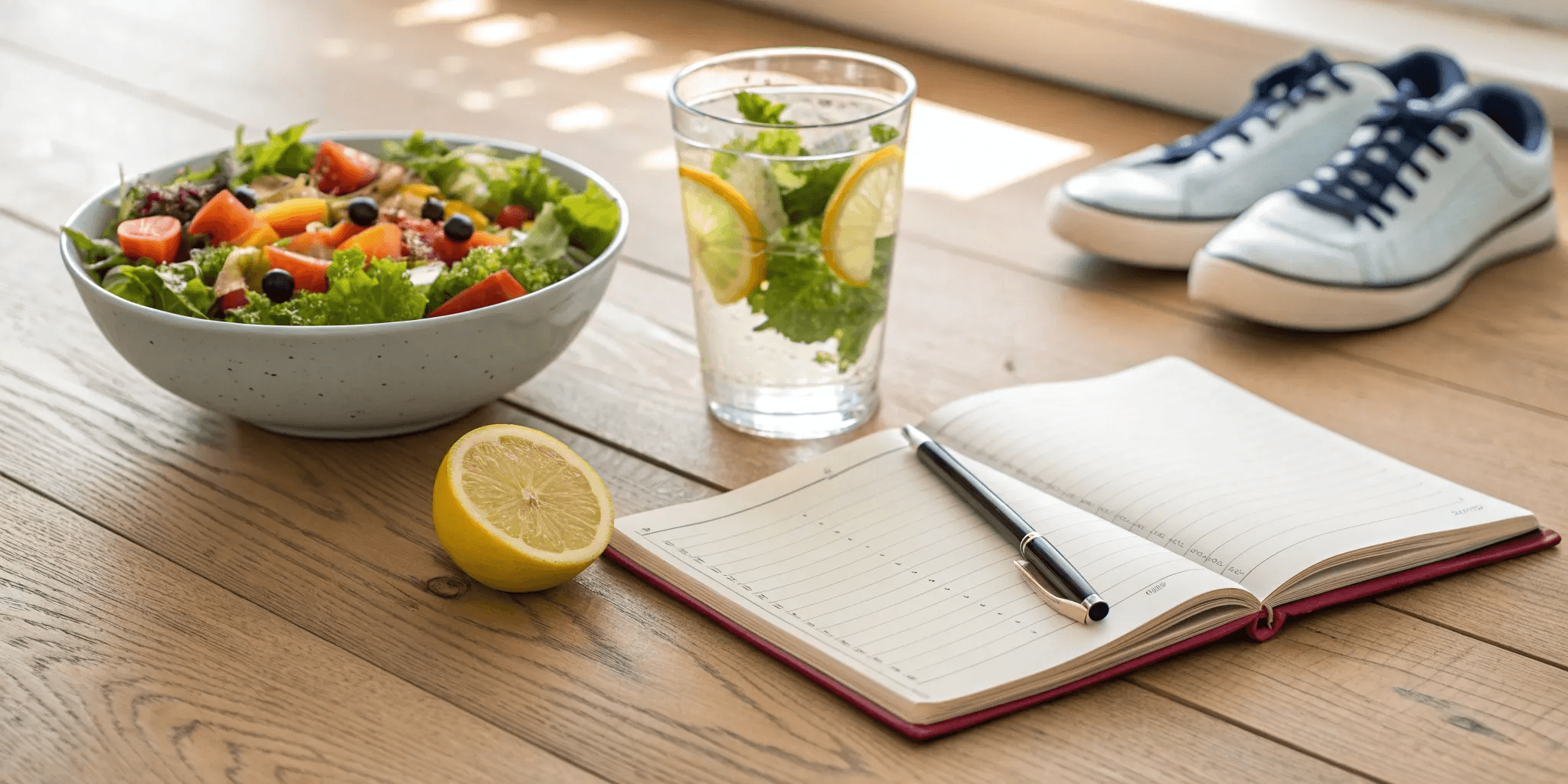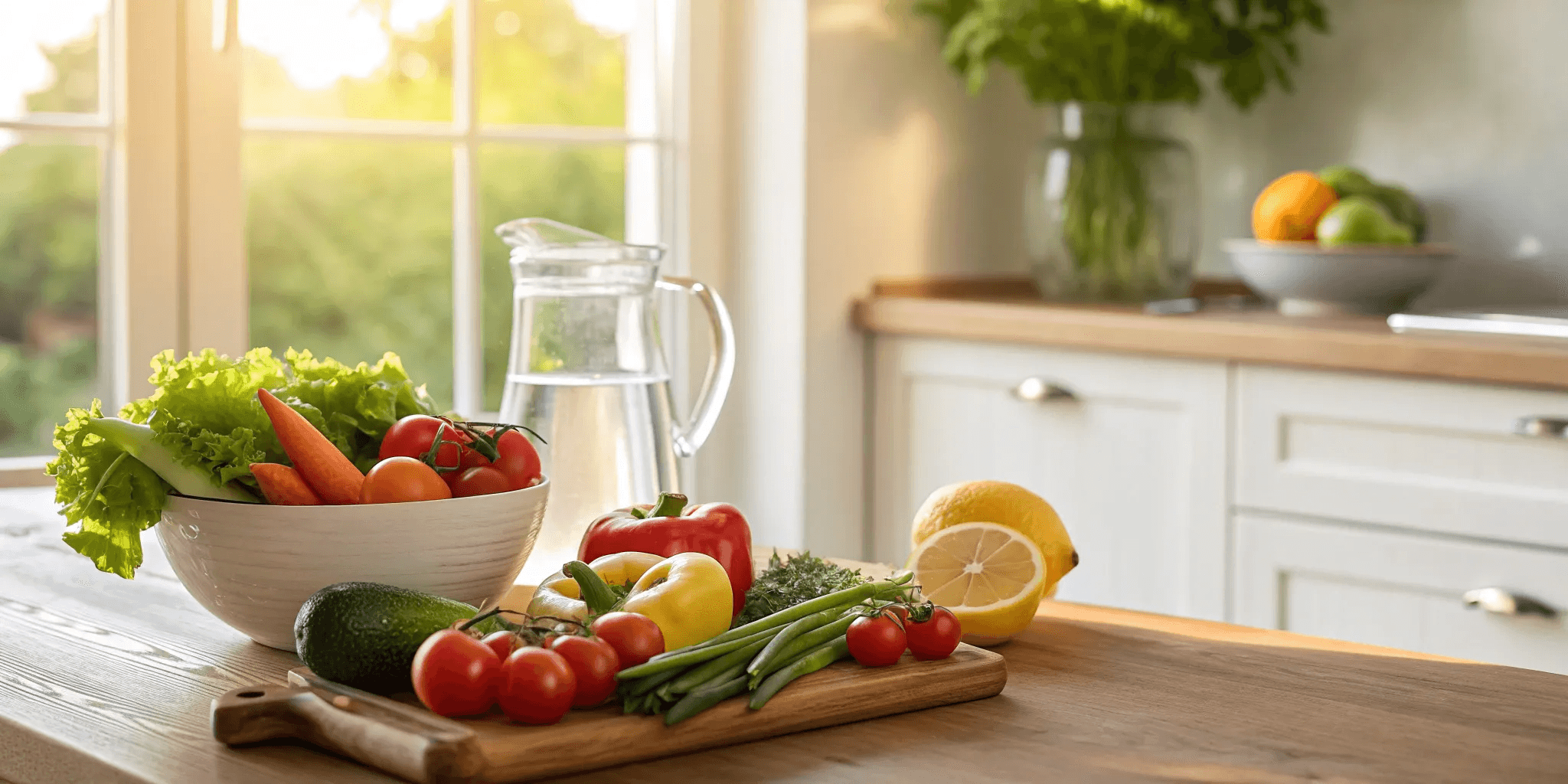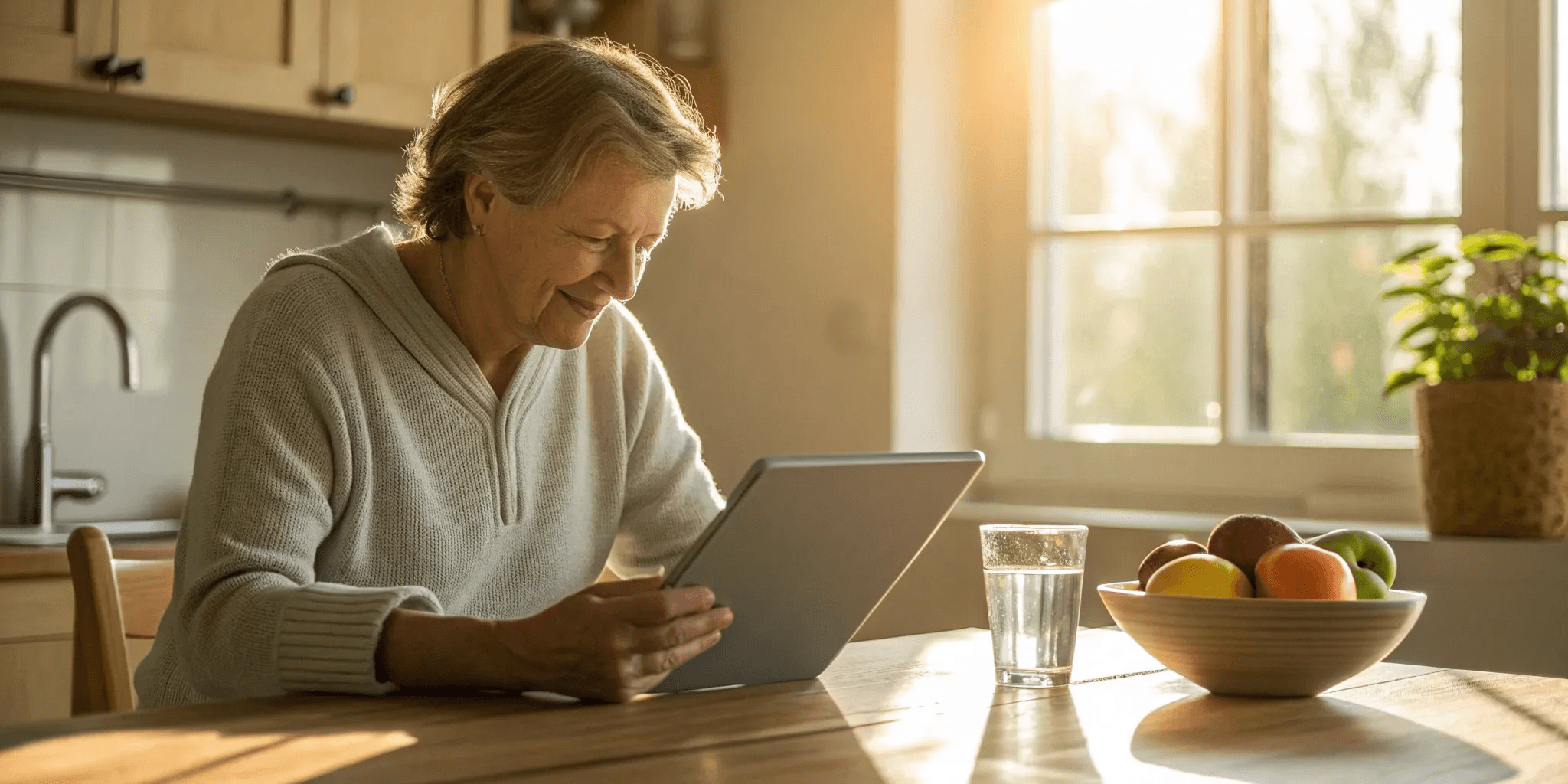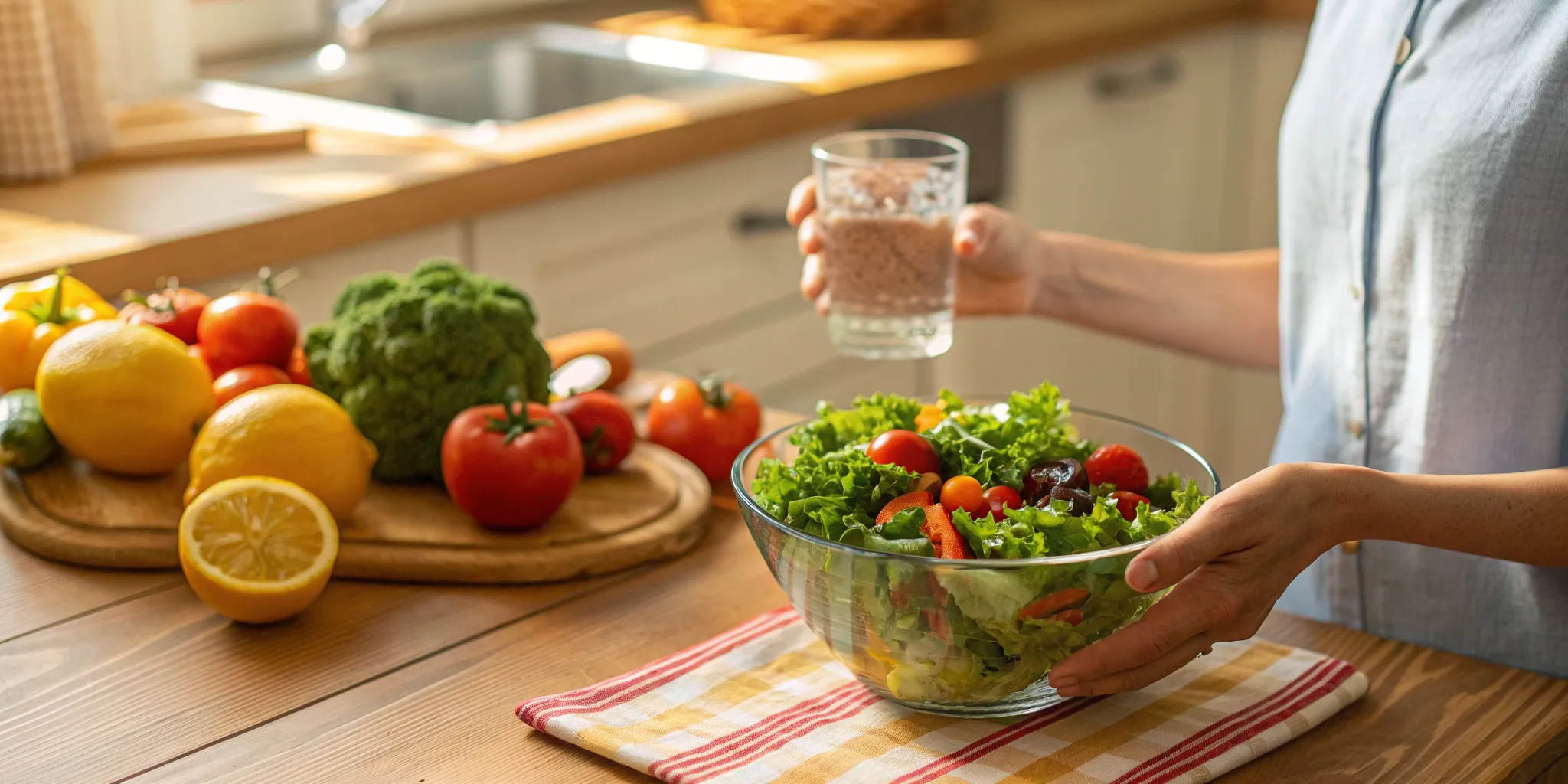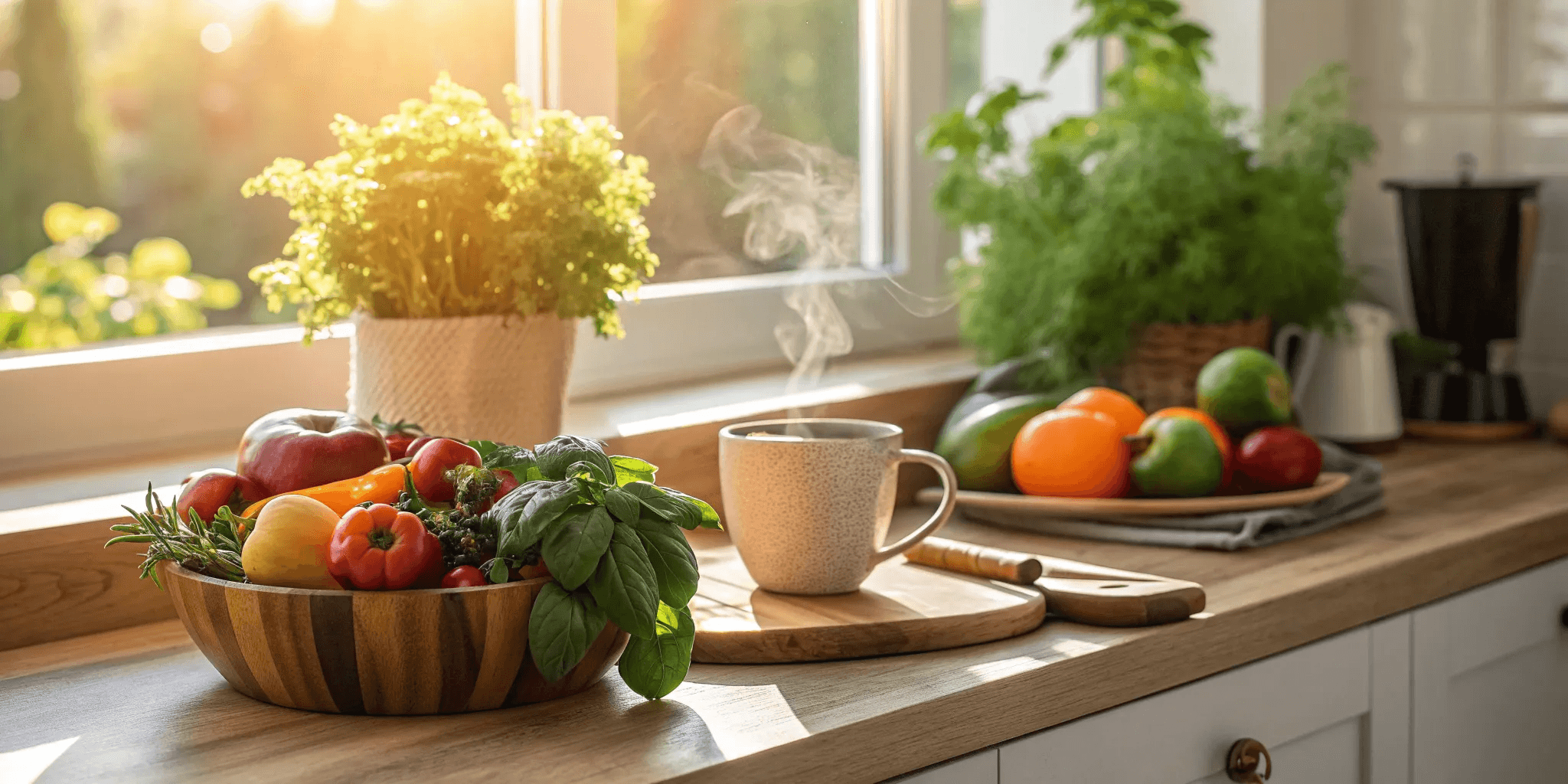Learn how to enjoy gin, vodka, and beer safely with diabetes. Discover tips for managing blood sugar and get personalized support from Heald for better health and lifestyle balance.
Heald Membership: Your Path to Diabetes Reversal
Table of content
Introduction
Who says you can’t enjoy a drink if you have diabetes? The truth is, you can still have a cocktail or beer with friends—just do it smartly. Managing diabetes while enjoying alcohol requires understanding how your favorite drinks affect your blood sugar.
In this guide, we'll break down how gin, vodka, beer, and other beverages impact diabetes, offer practical tips for drinking safely, and show you how Heald can support your alcohol management with real-time monitoring and expert coaching. Plus, we’ll dive into the science behind it all to make sure you’re informed.
How Alcohol Affects Blood Sugar Levels
Alcohol can have a bit of a “split personality” when it comes to blood sugar.
Initial Spike: Drinks with sugary mixers or high-carb content (like beer) can cause an immediate rise in blood sugar.
Delayed Hypoglycemia: Hours later, alcohol can cause blood sugar to drop, especially for those on insulin. This happens because the liver prioritizes metabolizing alcohol over releasing glucose, leading to a dip in blood sugar levels.
Masking Symptoms: Drinking can make it hard to recognize hypoglycemia (low blood sugar). Symptoms like slurred speech or dizziness might feel like typical effects of alcohol, but they could actually be signs of dangerously low blood sugar.
Gin, Vodka, Beer: What’s the Difference for Diabetes?
1. Gin and Vodka: The “Safer” Spirits
Why They’re Better: Straight gin and vodka contain zero carbs, so they won’t spike your blood sugar.
The Catch: Adding sugary mixers like tonic, juice, or soda? That's when blood sugar spikes. Stick to sugar-free mixers like sparkling water or diet soda.
2. Beer: A Carb Heavyweight
Carb Content: A typical 12-ounce beer contains 10-15 grams of carbohydrates. Light beers have fewer carbs but can still affect blood sugar.
Glycemic Impact: Dark beers and craft brews tend to have higher carb content, meaning they can cause bigger spikes in blood sugar.
Moderation is Key: Opt for low-carb or light beers and limit your intake to avoid major blood sugar fluctuations.
Comparison Summary:
Gin/Vodka (Straight): No carbs, minimal blood sugar impact.
Beer: Higher carbs, more likely to raise blood sugar levels.
Research-Backed Insights on Alcohol and Diabetes

Credits: Life Extension
Studies show alcohol can affect glucose metabolism, particularly for people with diabetes:
According to a study published in the journal Diabetes Care, alcohol consumption can impair the liver's ability to regulate glucose, increasing the risk of hypoglycemia, especially several hours after drinking .
Research from The American Journal of Clinical Nutrition indicates that moderate alcohol consumption may not significantly affect long-term glucose control in people with diabetes, but it’s essential to monitor blood sugar carefully .
The Heald WA channel is a goldmine of support and information for those on their diabetes reversal journey. Sharing experiences, tips, and triumphs with fellow community members can provide invaluable motivation and practical advice. From meal plans and exercise routines to emotional support and accountability, the collective wisdom within the group can accelerate progress and make the path to diabetes reversal feel less daunting.
How to Drink Safely with Diabetes
Here’s how you can enjoy alcohol without throwing your blood sugar off:
1. Monitor Your Blood Sugar
Before Drinking: Check your blood sugar to ensure it's stable.
During and After Drinking: Keep an eye on your levels, especially several hours after. Alcohol’s effects can linger!
Use a CGM: A Continuous Glucose Monitor (CGM) helps you track blood sugar in real-time, giving you peace of mind.
2. Eat Before or While Drinking
Why It Matters: Drinking on an empty stomach can lead to rapid drops in blood sugar.
What to Eat: Pair alcohol with balanced meals rich in fiber, protein, and healthy fats to slow glucose absorption.
3. Choose the Right Drinks
Opt for Sugar-Free Mixers: For spirits like gin and vodka, mix with sparkling water, diet soda, or a splash of lemon.
Go for Low-Carb Beers: Light beers are a better option, but keep an eye on how many you drink.
4. Stay Hydrated
Drink Water: Alternate between alcoholic drinks and water to stay hydrated. Dehydration can complicate blood sugar control.
Avoid Confusion: Dehydration symptoms, like lightheadedness, can mimic hypoglycemia—making it harder to manage your diabetes.
5. Set Limits and Pace Yourself
Know Your Limits: Stick to one or two drinks and pace yourself. Drinking too much increases the risk of delayed hypoglycemia.
Slow Down: Savor your drink and give your body time to process it, reducing the risk of overconsumption.
6. Watch Out for Medication Interactions
Be Careful: Certain diabetes medications, like insulin or sulfonylureas, increase the risk of hypoglycemia when mixed with alcohol. Talk to your doctor about how to adjust doses if you plan to drink.
How Heald Can Help You Stay in Control
Heald offers personalized coaching, AI-driven monitoring, and behavioral psychology support to help you make smart choices about alcohol and diabetes.
Personalized Coaching
Alcohol Guidelines: Get a custom plan tailored to your lifestyle and health goals.
Real-Time Support: Heald’s AI tools give you real-time feedback on your blood sugar levels while drinking, so you can adjust on the fly.
AI-Driven Health Monitoring
Continuous Glucose Monitoring (CGM): Real-time tracking helps you stay on top of your blood sugar, even after a night out.
Data Insights: Get personalized recommendations based on how your body responds to alcohol, helping you make smarter choices.
Behavioral Support
Managing Social Situations: Need help dealing with social pressure? Heald’s behavioral psychologists can guide you in setting boundaries and sticking to them.
Building Healthy Habits: Reinforce healthy drinking habits and gain confidence in managing your diabetes.
Real-Life Success Stories
Rohit’s Vodka Success: Rohit loves a vodka soda on a night out. By eating before drinking and using his CGM, he keeps his blood sugar steady all night long.
Priya’s Beer Hack: Priya is a fan of beer, but she knows it can spike her blood sugar. She sticks to light beers, pairs them with a balanced meal, and monitors her levels closely.
Anjali’s Cocktail Strategy: At cocktail parties, Anjali opts for gin with sparkling water and lime—no sugary mixers. She enjoys herself without the blood sugar drama!
Conclusion: Enjoy Alcohol While Managing Diabetes
You don’t have to say goodbye to your favorite drink just because you have diabetes! By understanding how alcohol affects your blood sugar, monitoring your levels, and choosing drinks wisely, you can safely enjoy gin, vodka, beer, and more.
Need extra support? Heald is here with personalized coaching, AI-driven monitoring, and expert guidance to help you make the best decisions for your health.
Ready to enjoy life and stay healthy? Book a consultation with a Heald expert today.

Popular Blogs
Comments



